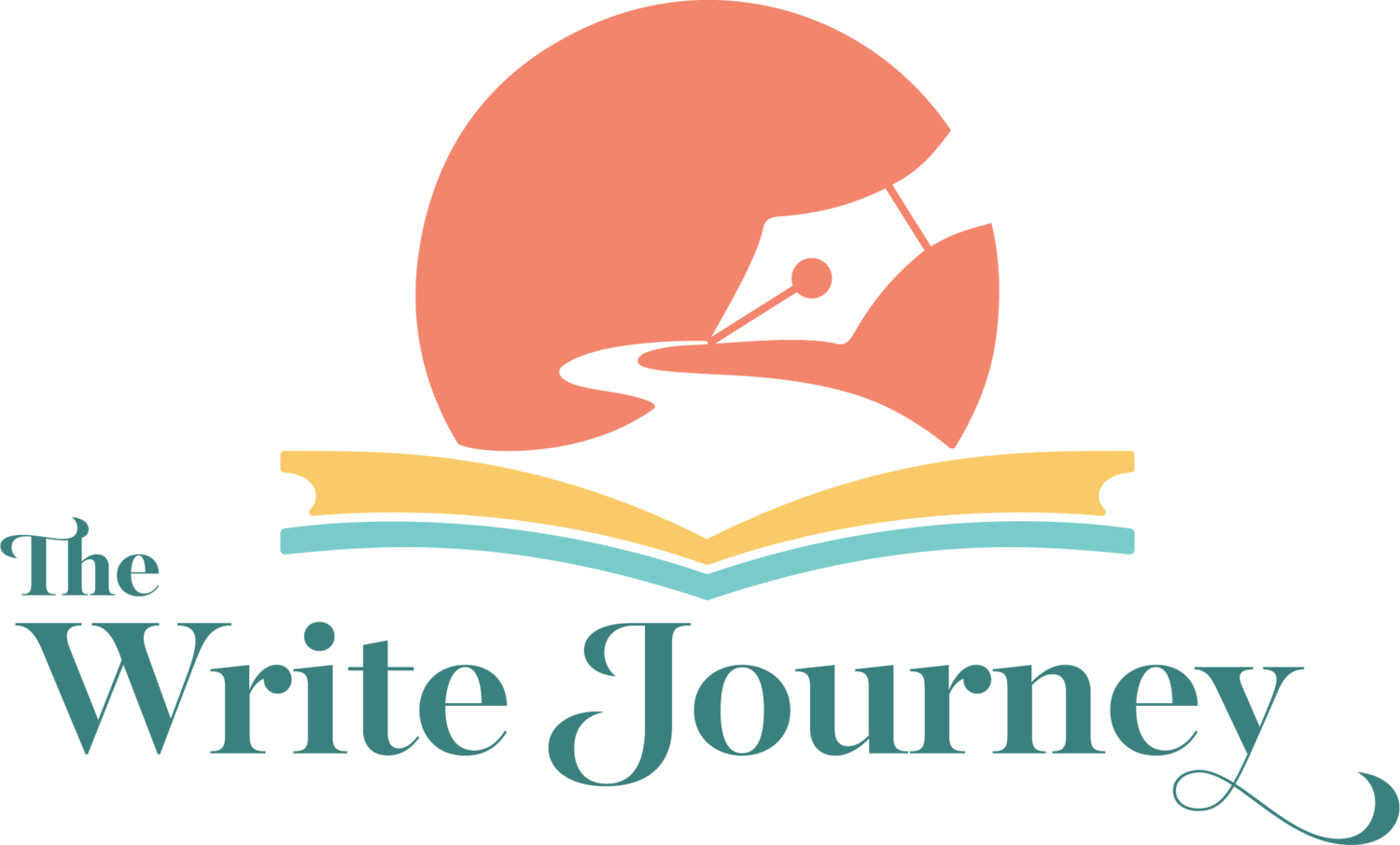I’m not sure how you feel about that title: Seizing Opportunities. The thought alone may overwhelm you, or it may excite you. I’m well aware that we all live at a different place on the spectrum of how much activity works well for us and our families. Some of us find stimulation and energy in staying very busy; others of us require alone time and simpler schedules. Either need is valid.
“Seizing Opportunities” means taking a bit of time to have an honest conversation with yourself about what you need to bring positive thoughts and energy to the beginning of this new school year. Whether homeschooling is something brand new to you or something very familiar to you, you will benefit from taking a few hours to assess what’s ahead: Opportunities . . . to do more . . . or to do less. With insightful wisdom and intentional choices, we can set ourselves and our families up for a solid start to the new school year.
Opportunities come in the form of resources, instructional classes, extra curricular activities, support groups, and on and on. In fact, we at The Write Journey have some amazing opportunities to partner with you to bring educational support to both you and your children. The question is: “Which opportunities benefit your family, and which opportunities hinder your family?” Stated another way, “ Which opportunities speak life into your family?” Consider your responses to these questions:
How many family members find pleasure in this task or activity?
How much time are we spending away from home vs. at home?
Is this event or activity stressing the budget?
Do we enjoy a peaceful atmosphere at home, or is there constant chaos and
tension getting to the next place or the next task?
Do we understand the importance of BALANCE in our weekly schedule?
These are just a few questions that can help you discern which opportunities will benefit your family and which opportunities put stress on your family. Some opportunities simply need to be saved for another time or season; others bring a welcome relief.
At The Write Journey we create opportunities to partner with families to bring support and encouragement. When the time is right, we look forward to partnering with you and your educational community in whatever way we can.
Speaking life, Kris





